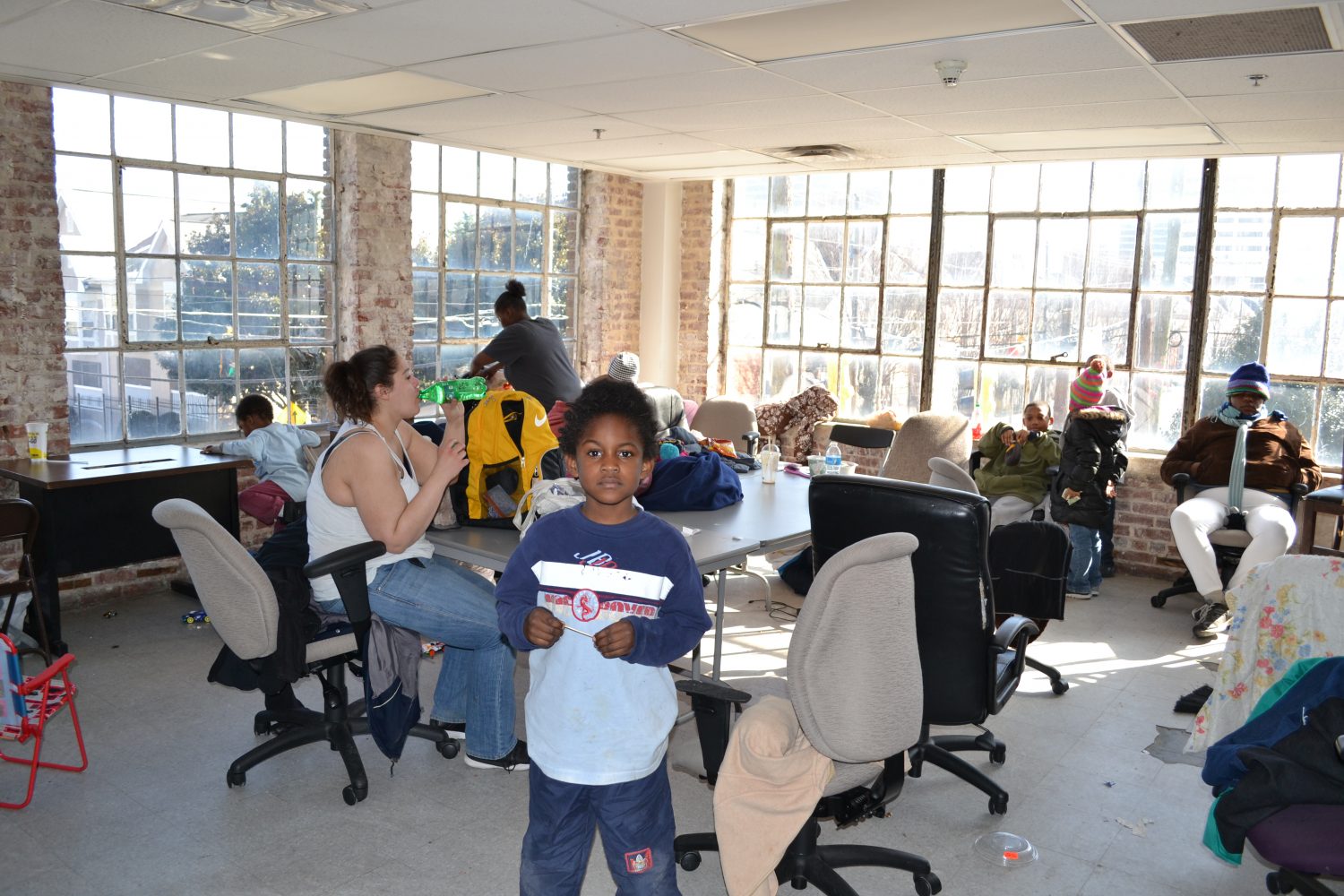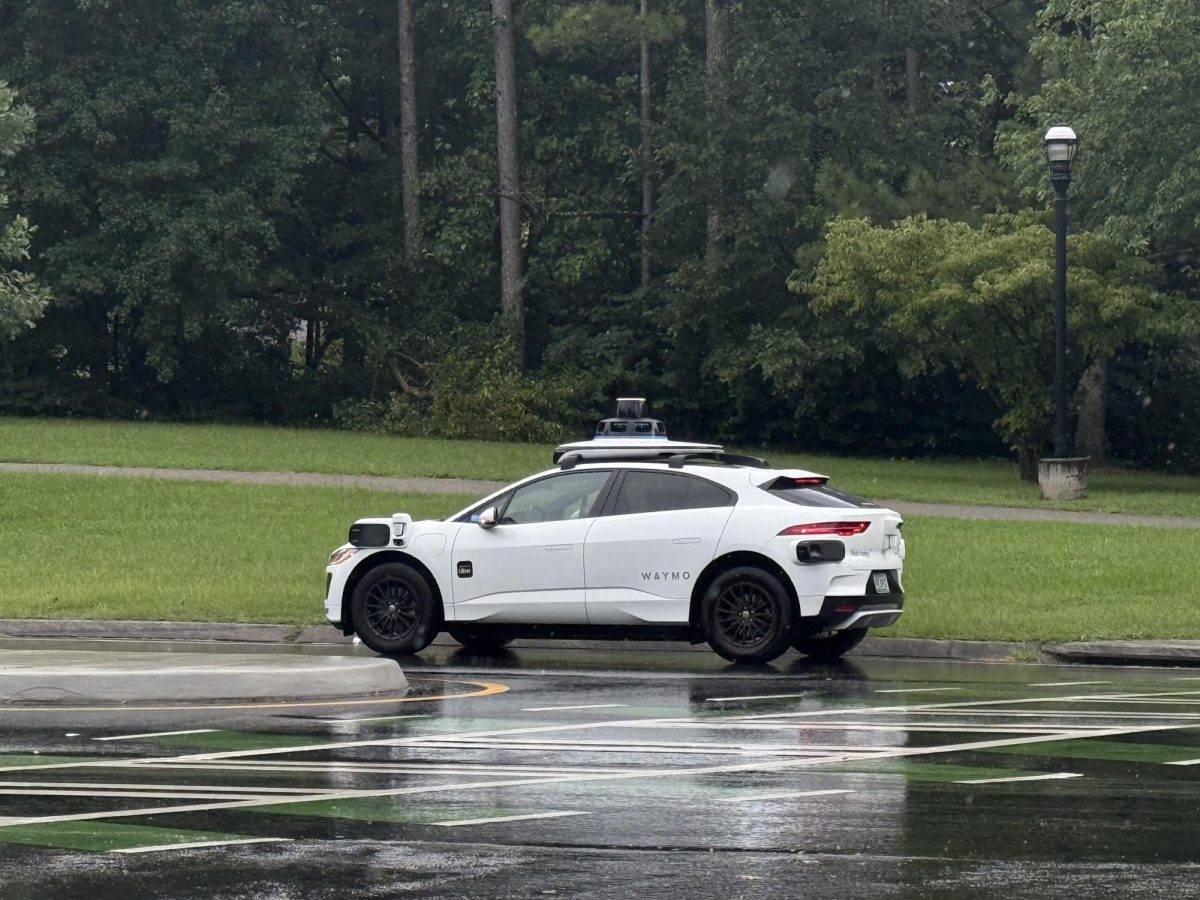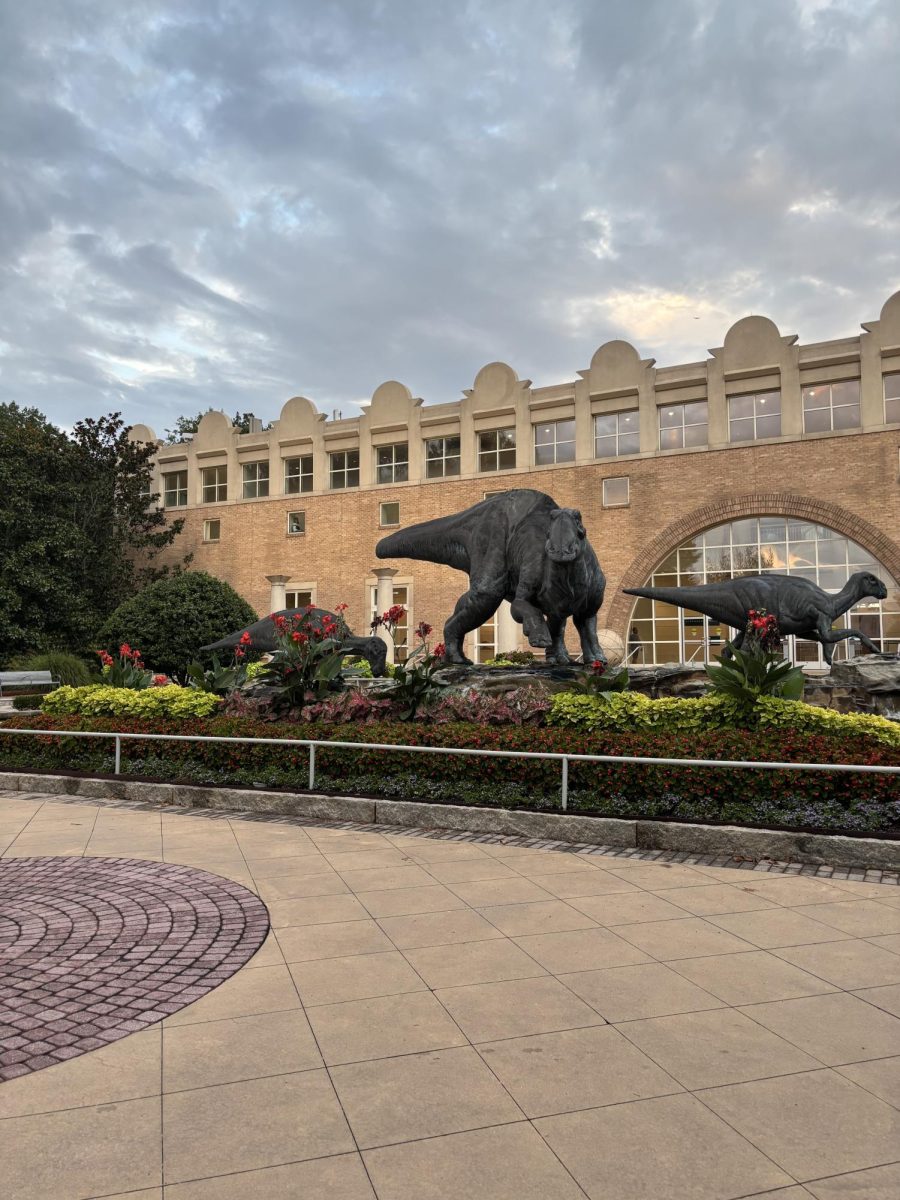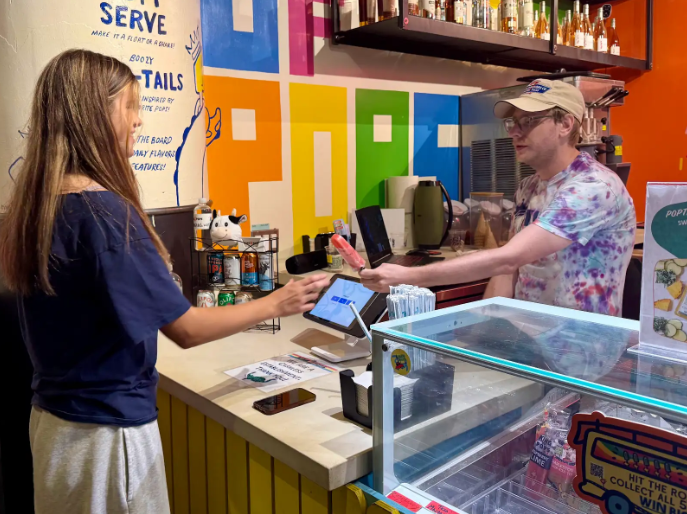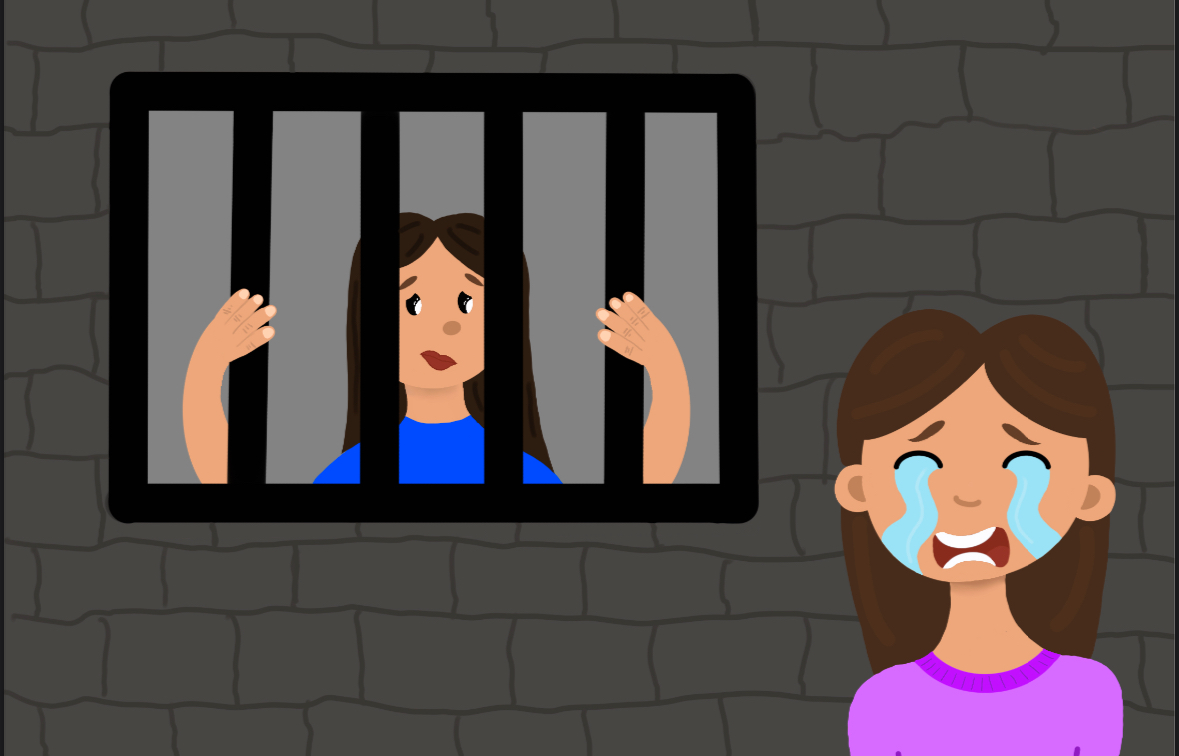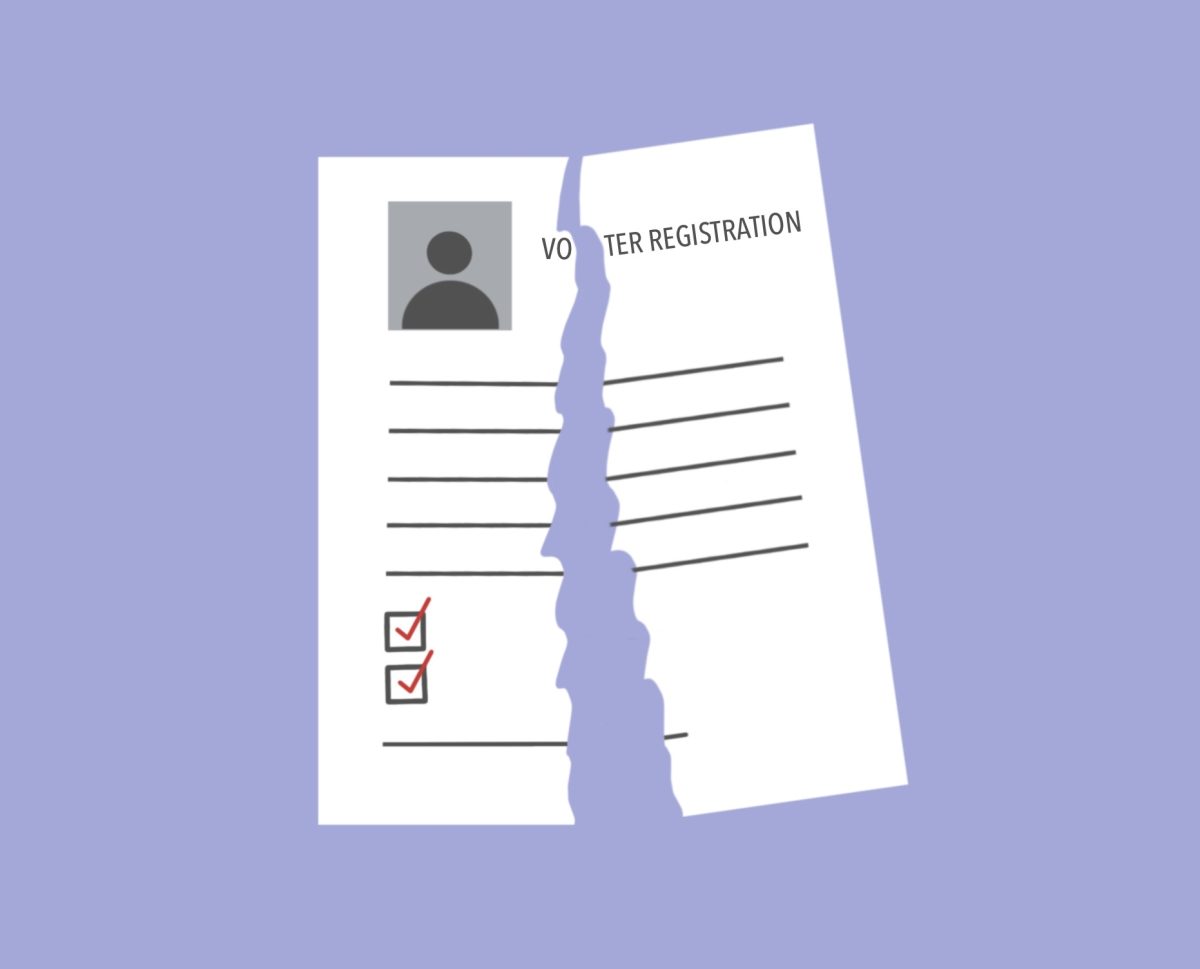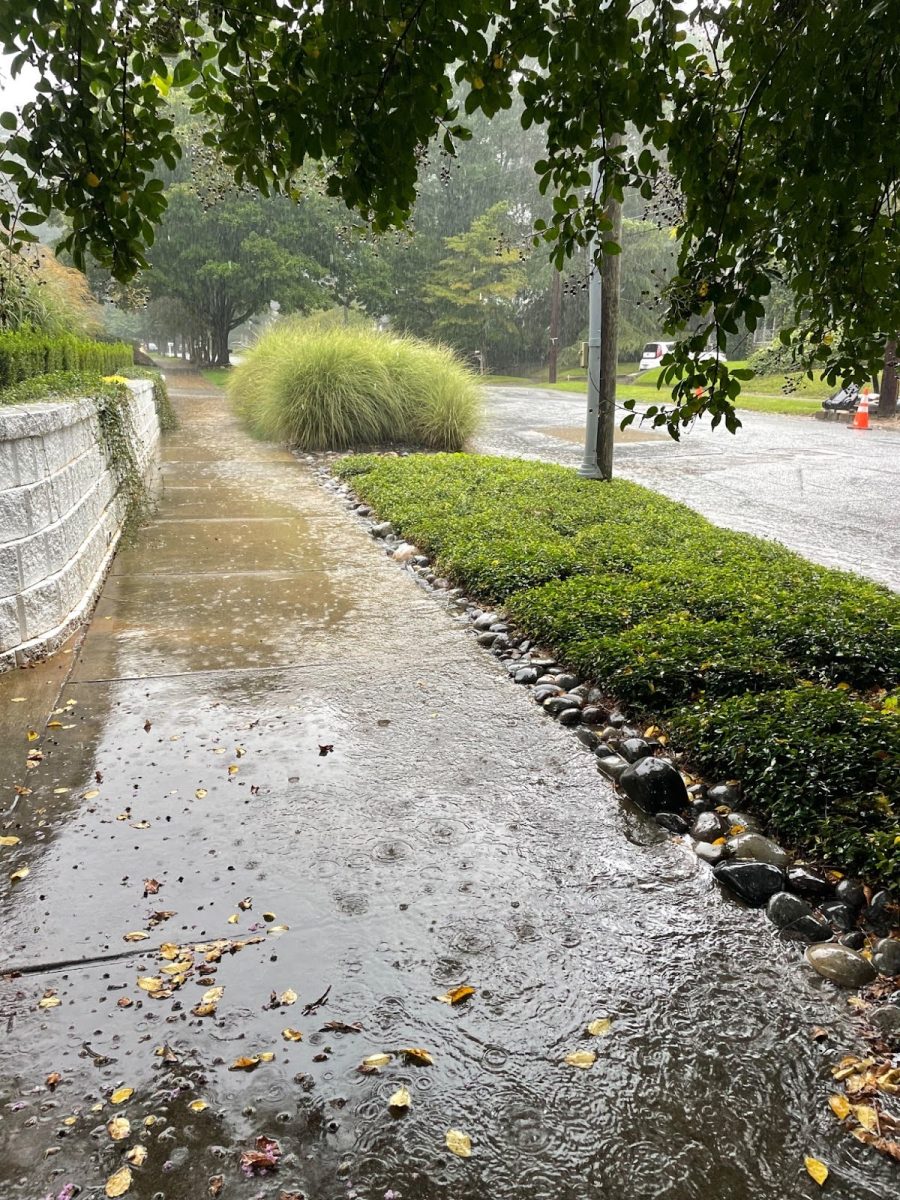
Atlanta has endured its fair share of record low temperatures this winter, bringing ice and snow as of Feb. 13. Most Atlanta residents can escape the extreme temperatures by remaining indoors, but there are many that do not have that option.
According to the latest biennial census by the Metro Atlanta Tri-Jurisdictional Collaborative on Homelessness, there are 6,664 homeless people living in Atlanta.
“We are always open 24/7,” said Anita Beaty, executive director of Metro Atlanta Task Force for the Homeless. “We always allow people to come in who need to get out of the weather or who just want to come inside and get their lives back together.”
The cold weather has also pushed more people inside than usual.
“A lot of people that would be out under bridges or around town somewhere else, even during some cold weather, in those type of [extreme] temperatures they have to ?nd shelter,” Task Force volunteer Maurice Lattimore said.
Lattimore is an alumnus of the Task Force’s Transitional Program and has lived independently for two years. When Lattimore first entered the shelter in 2010, he joined the Residential Volunteer Program and was given a permanent bed and storage space in return. After 90 days as a residential volunteer, he moved on to the Transitional Housing Program.
For two years, he served in the Day Service Center. There, volunteers help people secure documents such as birth certificates and IDs, as well as medical assistance, clothing, food and rental assistance.
Very low temperatures are unusual for Atlanta winters, so more is being done to keep people informed.
“We think we’re going to have the opportunity to have a live weather forecast on the Task Force later this afternoon, just so people will be sensitive to the danger of folks who stay outside and not choose to,” Beaty said on Jan. 28. “Some people say they chose to [stay outside], but we know they just chose not to be in a big shelter system for various reasons, and those people are at risk for death.”

Shelters have limited space, so not everyone ?nds the help they need.
“Every year we do a memorial day on Nov. 1, and we remember the people whose lives were lived homeless,” Beaty said. “Many of them died in the past year from hypothermia, so we know it’s a life-and-death issue, so, we’re always busy advocating policy changes in every system of government policy-making that impacts [the] lives of poor people.”
Low-income people on the verge of homelessness have been struggling to survive in the cold as well.
“We know people in need are already struggling to pay their bills and put food on the table and with the need to run their heaters much more due to the extreme cold weather we have been having, it will certainly be even harder for them to make ends meet with the limited funds they have,” said Angie Clawson, public relations manager of the Atlanta Community Food Bank.
Despite the havoc that the weather has wrought in Atlanta, the Food Bank provides support for those in need and continues to meet demand for food assistance through its partner nonprofit agencies.
While there are many efforts to help the homeless, some public officials have sought to destroy homeless tent cities. On Jan. 14, the Georgia Department of Transportation sent two bulldozers to one tent city beneath I-75/85 and I-20 to destroy the tents in which the homeless lived.

“We were horri?ed by [the destruction] because we saw the results, and we saw how they cleaned up under the overpass on the way to Grant Park, where our home is,” Beaty said. “There were lots of local entities involved in that process.”
Lattimore said the homeless community is greatly misunderstood.
“They say we give the city a black eye,” Lattimore said. “I’m one of the ?rst to admit that our over?ow shelter for men may have its disfunctions, its shortcomings, but any shelter does.”
Lattimore insisted that “tremendous work is being done and a whole lot of lives [are] being temporarily ?lled with things to help them transition on to better levels of life.”

